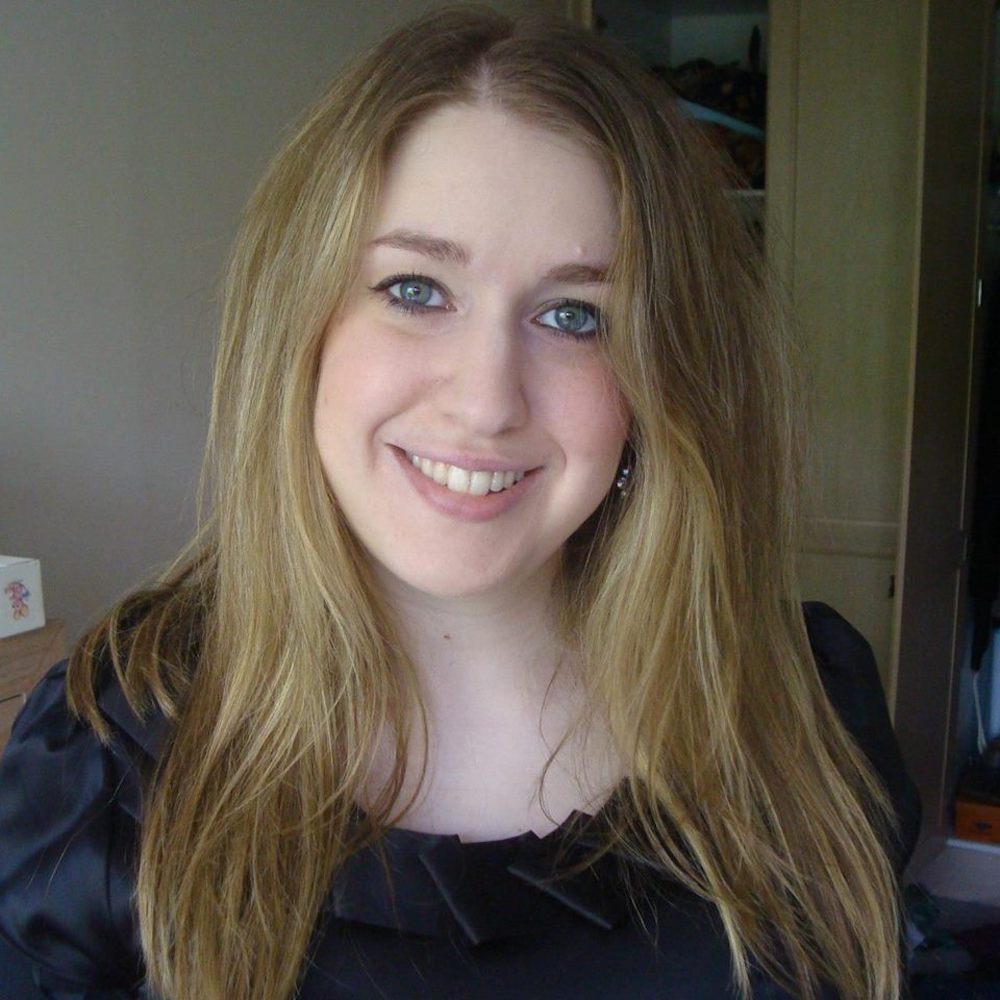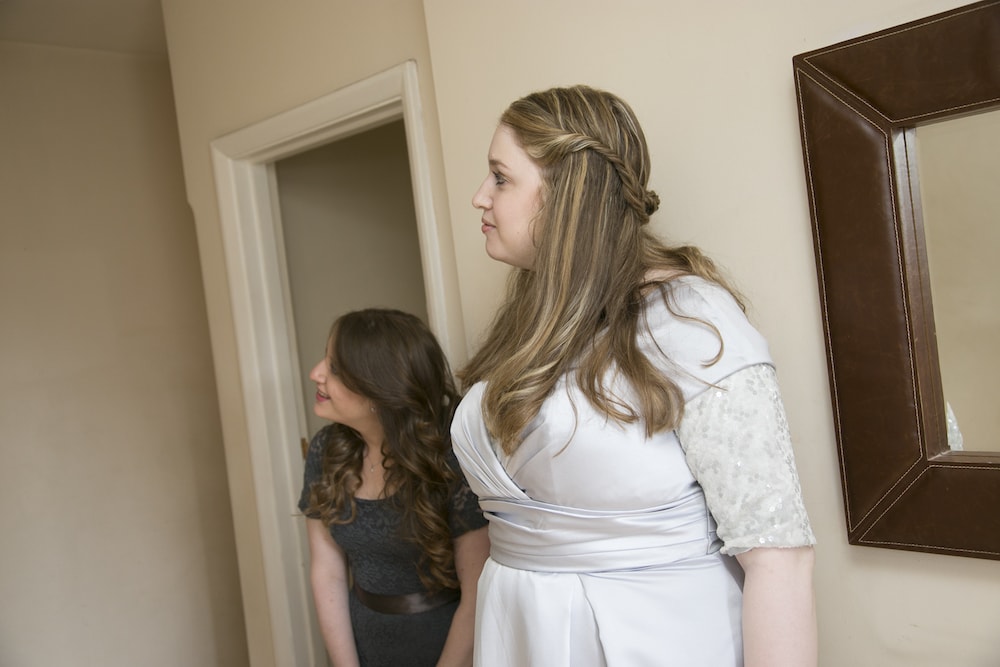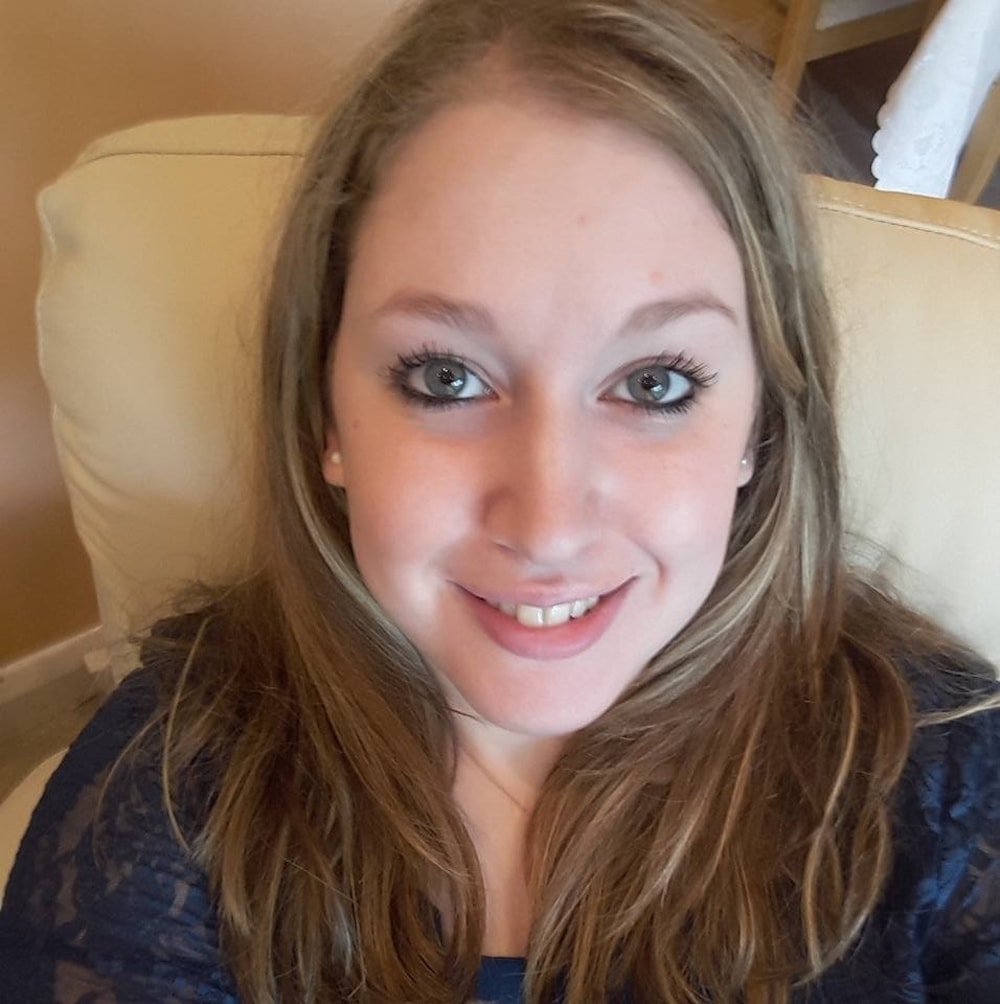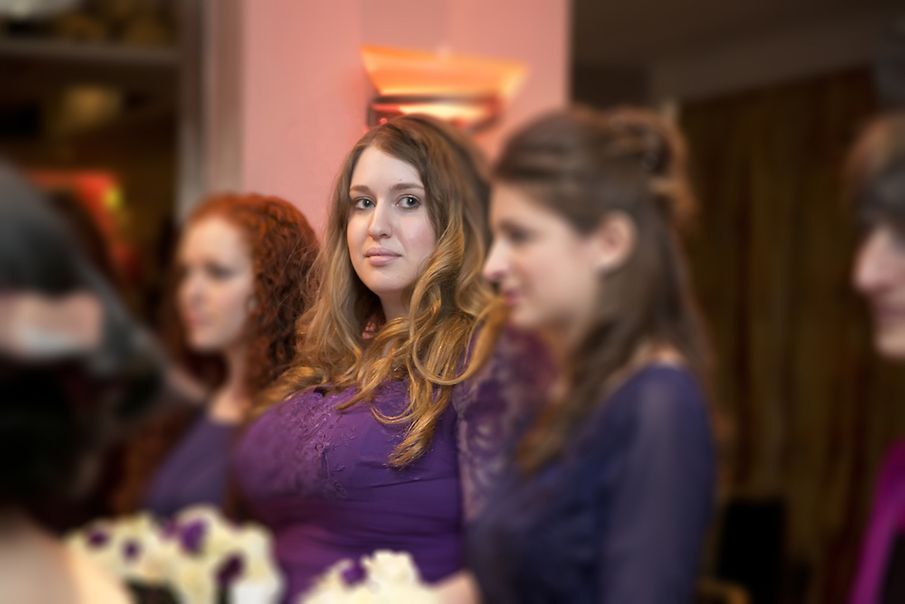Eleanor Segall had always been in control of her medication, until at 25, a high-dose of anti-depressants tipped her into psychosis. Through incredible support in the psychiatric hospital, Eleanor found her balance again, and a passion to break the stigma around mental health

Eleanor Segall
I sat on my hospital bed under the thin, green blanket, feeling spaced out and exhausted. I had been in a psychiatric hospital for four months and was taking a lot of sedating medications.
I was admitted due to a sudden and severe bipolar manic episode – where everything unravelled and fell apart.
I was diagnosed with bipolar affective 1 disorder at just 16 years old – a serious mood disorder where you have both depressive and “high” manic episodes. The disorder can be medicated and therapy helps, but it’s about finding the right medication and support, which can take a while as it’s different for each person. I’d been in hospital as a teenager, but this time I was 25 and, with hindsight, can see how I spiralled into illness.
I was hospitalised in spring 2014, and in the months leading up to my hospitalisation I had a terrible depressive episode. It was one of the worst of my life. I had suicidal thoughts due to the depression, thoughts of self-harm, was lying in bed all day with a short break for meals, would cry all the time and be in such mental pain and torture. My psychiatrist and family were there for me, though, and were invaluable. I was prescribed a high dosage of anti-depressants, which lifted me out of the depression but carried their own risks.
You see, as someone with bipolar, we also take mood stabilisers. My mood stabiliser was clearly not working, but I was too frightened to try a stronger medication. When prescribed the anti-depressants without the mood stabiliser working effectively, I tipped into a fast and unpredictable manic episode, due to the increased serotonin, and my state of mind. A manic episode means you can have racing thoughts, increased activity and movement, and delusions that, in the worst cases, can lead to psychosis, where you lose touch with reality in your mind. This is what happened to me.

Eleanor Segall
I was in hospital because, through no fault of my own (I had always been a stickler for taking my medication), my brain had gone quickly from depression, to normal functioning, to mania. It was extremely frightening. I falsely believed that family members were trying to hurt me and lock me away in hospital. I had no insight due to the severity of the mania, and couldn’t see how ill I was. As such, I was incredibly vulnerable. I had racing thoughts, reckless behaviour, irritability with others, grandiose thoughts where I thought I could do anything, was talking extremely quickly and pacing around most of the day. I was incredibly unwell and am so thankful for my support network and medical team for getting me the help I needed when I couldn’t advocate for myself.
My brain has blocked out a lot of this to protect me. When I was first hospitalised, my psychiatry team had to move quickly to bring me down from the manic state.
This involved a lot of medication, including tranquilisers, supervision from the nursing team and my wonderful hospital psychiatrist, and a lot of patience. They knew I could get better. I had support from some amazing occupational therapists who ran groups and sat with me, making plans for my recovery, including getting back out and eventually back to work. I found art therapy to be extremely helpful – I loved expressing myself on paper.
It took about two months of living in hospital before I began to recover from the manic state. I was still incredibly vulnerable and embarrassed by what had happened. I had made some wonderful friends on the women-only ward, some of whom had depression, bipolar, or schizophrenia. I am in touch with some of them to this day.

Eleanor Segall
However, you do become institutionalised in hospital and when, after four months, I was allowed to go home, it took a lot of time to heal from the trauma of having gone through a manic state and psychosis. It’s such a scary thing to happen when it seemingly comes out of the blue and renders you powerless.
As I sat under my green blanket on the ward, I had no idea that I could recover and get back to normal life. When I came home again, my family were wonderful. I went to a local day-treatment unit for another four months, where I was started on my new mood stabiliser and attended therapy groups in the day while living at home. This really helped my recovery.
I had suicidal thoughts due to the depression, thoughts of self-harm, and was in such mental pain and torture
After being discharged from the treatment unit, I was supported by a care coordinator – a psychiatric nurse who supports your care and liaises between you and the psychiatry team. I found her incredibly helpful, and worked with her for a year and a half, until I started feeling a lot better.
Since that fateful year of 2014, I have made good strides in my recovery. I was incredibly fearful when I came home, but thanks to a combination of support, new medication, therapy and, of course, the healing power of time, I began to get back out into the world.
I started working in a primary school. I learned to trust myself more and do all I could to prevent my illness from happening again. I still struggle with bad anxiety to this day, but I’m learning how to manage it.

Eleanor Segall
For me, the most important thing once I left hospital and started my recovery was to talk more to others about my mental health. In March 2016, I set up my mental health blog Be Ur Own Light to talk to family and friends about my mental health, and it’s now been read on every continent. I also began to write for charities such as Rethink Mental Illness, Time to Change and Bipolar UK, as well as Huffington Post UK. I found writing about my health to be hugely empowering and I want to help break the stigma around mental health, which is why I am sharing, and will continue to share, my story.
Having bipolar is not a curse; I look on it as a life lesson and something I will always live with. My dream would be to publish my life story as a book and share it with others across the world.
The girl who lay on that ward so frightened and scared is only a small part of me. Now, I want to raise my voice even more to help others, so that stigma falls.
The support of her psychiatric team and family helps Eleanor cope with her bipolar affective disorder. Getting her medication right is a long journey, and at times she loses touch with reality, yet her medical team make the difference. Creative therapies help her and slowly she moves back to normal life out of the safety of the hospital. Now, she continues to express herself creatively by writing about mental health and her experience through blogs and for others.


Comments